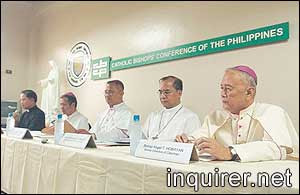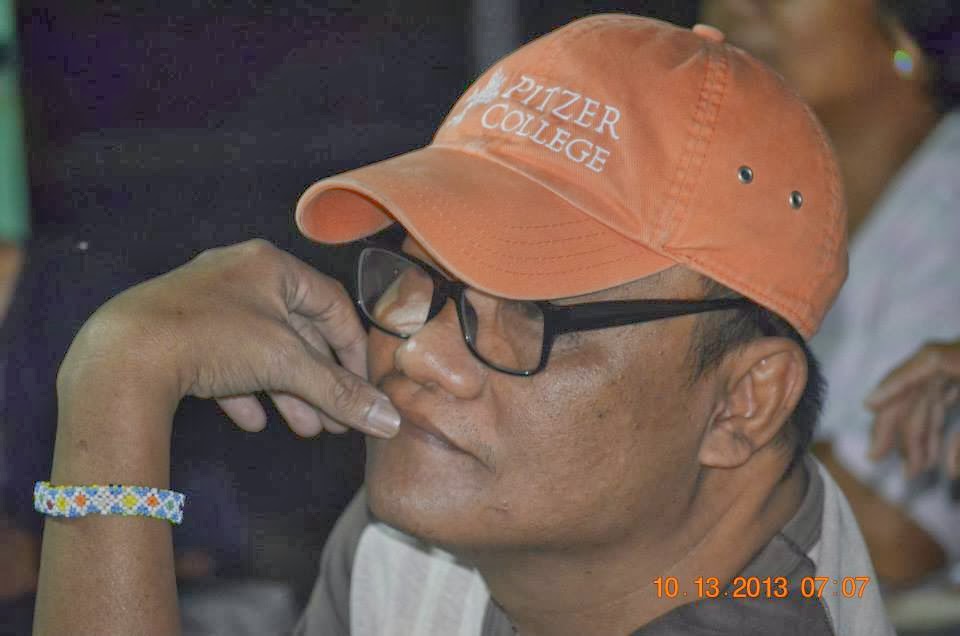
Can you imagine San Jose and rest of Occidental Mindoro is engulfed by total darkness? Your computer is not working including all you electrical appliances. The sound of all types of power generators, portable and stand-bys are so annoying both in public places and offices. Include the pollution that it would emit in the environment. And most of all, the chain of economic and social chaos that this total black out would bring. Brace for Hades folks. This is no doubt hell if there’s no precautionary and long lasting solution to be laid both by people from the power sector, the government and the consumers, hand in hand.
Occidental Mindoro Electric Cooperative (OMECO) general manager Alfred A. Dantis confirmed to this writer yesterday about the possible run out of the National Power Corporations’ (NPC) electricity supply in the first week of August 2011 due to, according to Dantis, fuel supply shortage. The OMECO Board of Directors and the Multi-Sectoral Electrification Advisory Council or MSEAC were already informed of the matter as early as last week. Series of meetings were scheduled in order to formulate contingency plans for the matter. This event would situate our province from light to darkness, so to speak. In their meeting last July 19 and that was last Tuesday, Engr. Sonny N. Privado have disclosed that GM Dantis who was in Manila that day informed the former thru text that the news came from the officials of NPC Mindoro grid themselves.
No doubt that this “total darkness and electricity-less” scenario would disrupt OMECO’s operation. In the employees meeting, participants were told that since the EC (electric cooperative) is no longer delivering and rendering its services, it is already at the verge of cutting its expenses including the salaries and wages of employees. In said meeting, suggested precautionary measures on the part of the employees were laid.
This is not a hoax and it’s real. In July 8, 2011, the NPC’s Small Power Utilities Groups or SPUGs have issued a status of power run out dates in all Luzon SPUG Plants. In the list, there are 3 power plants that will be affected by fuel shortage in Occidental Mindoro : the Mamburao Modular Plant, Pulang Lupa DPP and the Power Barge 106 which was stationed in Bragy. Caminawit. In a cable message addressed to GM Dantis last July 21, 2011 from Pulang Lupa DPP, said in part : “As of to date, both PLDPP and PB 106 fuel stocks (diesel and bunker) will last until August 6, 2011. PD yet still awaiting additional funding for the purchase of the fuel for the months of September and months onwards. We may request (if you would permit) scheduled or voluntary load cut daily in order to conserve fuel…” People from NPC cannot be reached by a local radio station for comments.
All of us citizens of Occidental Mindoro, specifically those owners of industries consuming a large load of electricity to communicate with Malacanan and the Department of Energy (DOE) and the National Electrification Administration or NEA citing how the NPC declared fuel rundown would affect the economy of the province, as suggested by OMECO employees in their meeting last Tuesday.
But worry not even a bit for OMECO people are doing all they can to expedite measures to solve this impending problem. But to tell you honestly, this is NOT Omeco’s much less the consumers’ fault. This power shortage hinges on a bankrupt national policy on power and electricity that I think President Benigno C. Aquino III has not explained, if not totally neglected, in his SONA yesterday.
OMECO plans to hold a forum this coming August 1, 2011 here in their main Office in San Jose tentatively at around 1:00 PM. All of the invited participants will be informed of the real score and the measures that they have been discussing since last week on this “total darkness” thing. In Sablayan, there will be a Power Summit and this surely will also be tackled.
Rest assured that I’ll keep you all posted on this. If the office computer that I am borrowing would be repaired and if there’s no brown out or power shortage or anything of sort. Let us light a little candle. And pray….
-----
(Photo from Bing)










